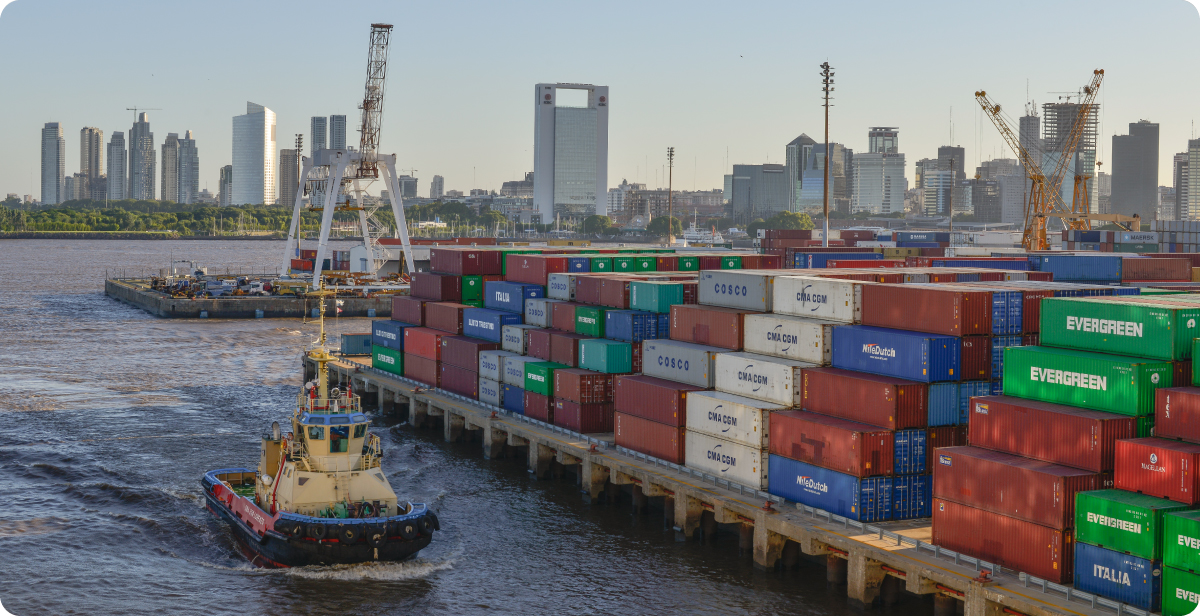March 17, 2025
While climate has been Argentina’s bean industry’s nemesis in recent years, government changes to export duties may prove just as damaging to pulse acres long-term. In the end, what is the future of Argentine beans?


High production costs, losses in efficiency, and competition from other exporters are the key variables to watch for Argentine beans.
In January 2025, Argentinian export taxes on whole soybeans were dropped from 33% to 26%, soybean byproducts from 31% to 24.5%, and corn, wheat, barley, and sorghum all dropped from 12% to 9.5%. The current understanding is that the measures are temporary, and will only remain in place until June 30, 2025, but, as the industry has seen in India, these windows can often be extended.
"For the moment, to be clear, this is a temporary policy," says colas Karnoubi, Manager at Olega and President of the Pulses Chamber of Argentina (CLERA), "but if you ask my opinion, this is a trend. The government says it is temporary, but it will not be temporary. The government will decrease export taxes in the short and medium term down to zero."
READ THE FULL ARTICLE
Argentina export policy / pulse production trends / bean market trends / Egypt bean exports / agricultural competition.
Disclaimer: The opinions or views expressed in this publication are those of the authors or quoted persons. They do not purport to reflect the opinions or views of the Global Pulse Confederation or its members.